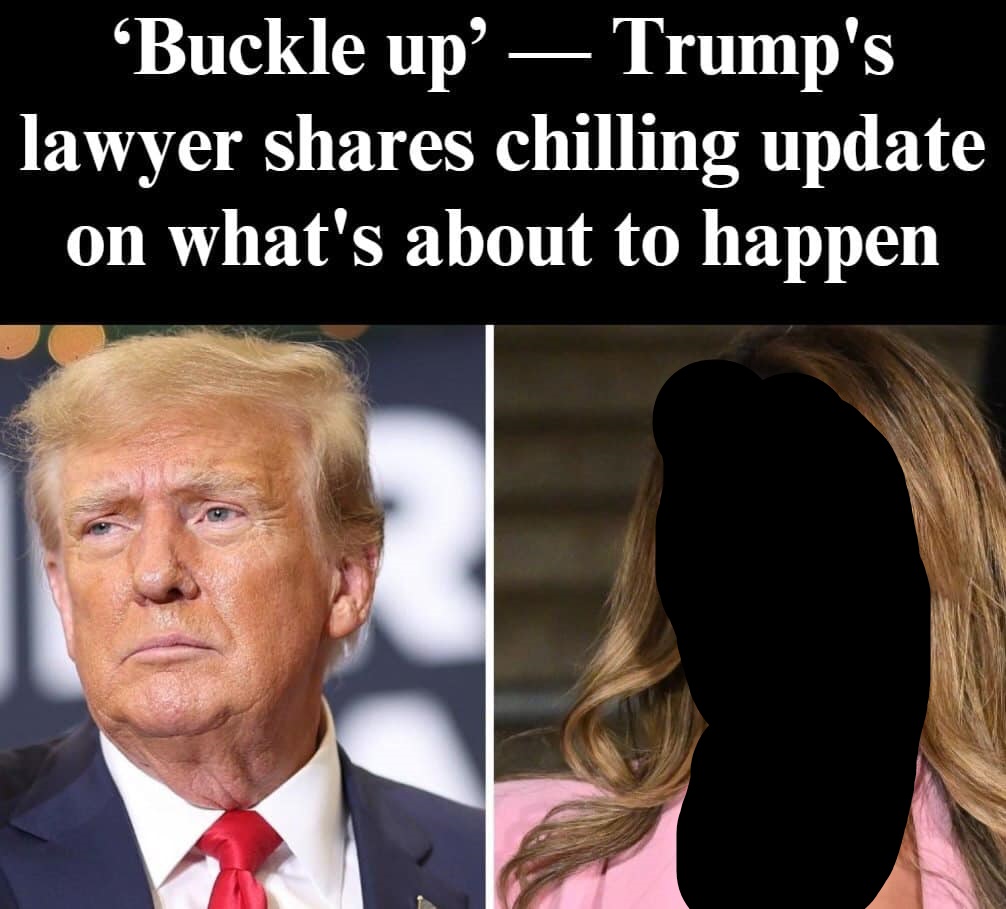Supreme Court Rules Federal Courts Cannot Review Visa Revocations in Fraud Cases
The U.S. Supreme Court has ruled unanimously that federal courts do not have the authority to review visa revocations made by the Department of Homeland Security (DHS) in cases involving fraudulent marriages. This decision underscores DHS’s broad discretion in immigration matters, particularly regarding the approval and revocation of visas.
Key Aspects of the Ruling
Justice Ketanji Brown Jackson, writing for the Court, emphasized that Congress explicitly granted the Secretary of Homeland Security the power to revoke an approved visa petition “at any time, for what he deems to be good and sufficient cause.” This provision affirms the Secretary’s discretionary authority, preventing judicial review of such decisions.
Background of the Case
The case, Bouarfa v. Mayorkas, involved a U.S. citizen, Amina Bouarfa, whose husband’s visa was revoked after DHS determined he had previously been involved in a fraudulent marriage. Bouarfa contested the decision, arguing that DHS had acted unfairly. However, the Supreme Court’s ruling makes it clear that such discretionary decisions fall outside the jurisdiction of federal courts.
Impact on Immigration Policy
This decision has notable implications for immigration enforcement, particularly regarding DHS’s authority to address visa fraud. By affirming that visa revocations cannot be overturned by federal judges, the ruling reinforces the government’s ability to maintain the integrity of the visa system.
Continue reading on next page…

